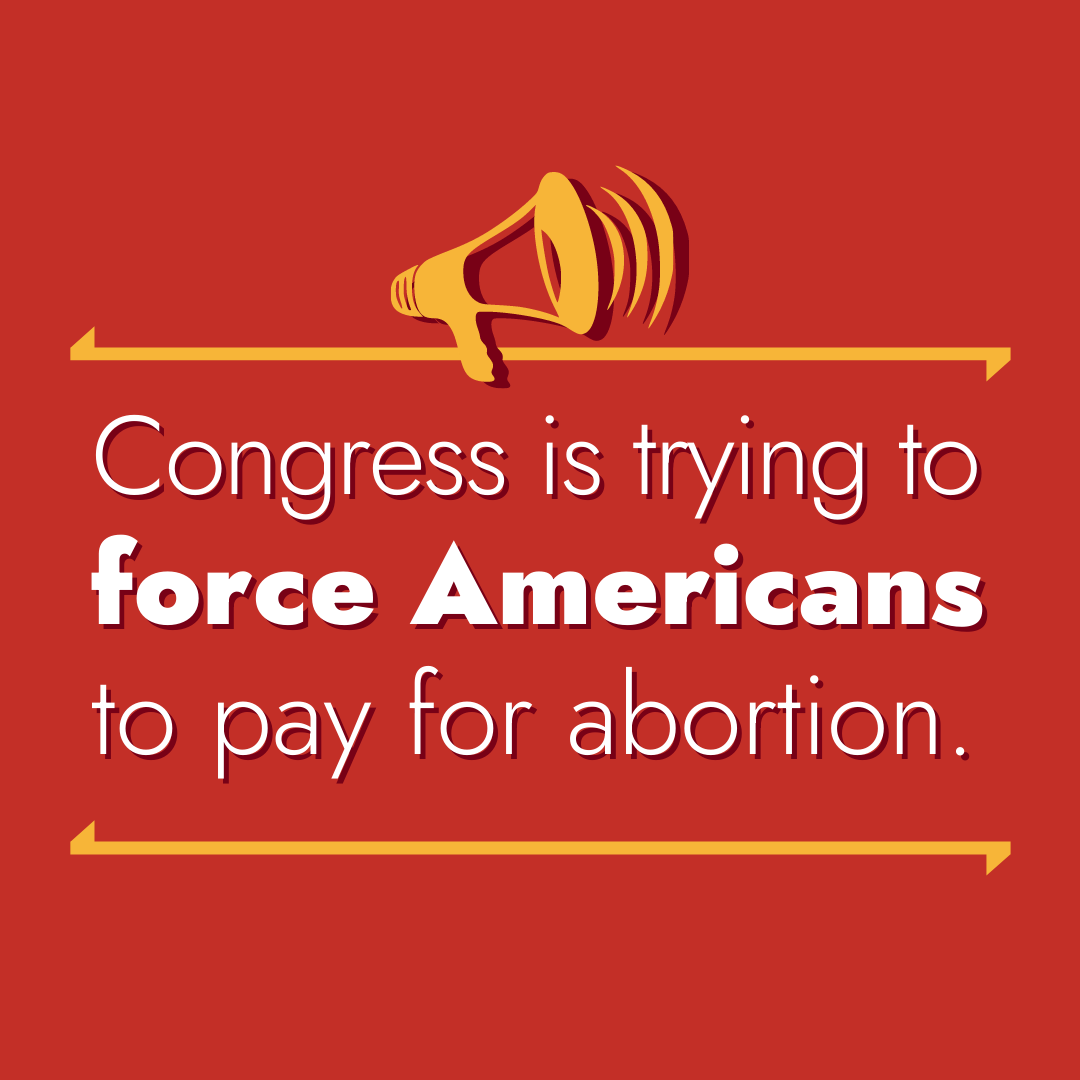Are you interested in working with the Meanings of Democracy Lab? During Fall 2023, we are seeking Research Assistants to work on two different projects:
Mapping the Pluralist Resistance to Christian Nationalism:
– RAs on this team will assist Dr. Braunstein with the development of a database of groups and leaders working to combat Christian Nationalism in the United States.
– Tasks will include research online and using social media; collecting publicly available data on nonprofit organizations (e.g., IRS Form 990s); maintaining detailed records in a spreadsheet; and working to develop public-facing op-eds and reports based on the research.
– This team does not require previous research experience, and may be interesting for students interested in politics, religion, and academic research.
The Moral Meanings of Taxpaying:
– RAs on this team will assist Dr. Braunstein with tasks related to the publication of a new book, as well as several related articles.
– Tasks will include factchecking, standardizing footnotes and references, and working to develop public-facing op-eds and reports based on the research.
– This team will be most interesting for students who wish to work in publishing, writing, or academic research.
In addition, the Lab is looking for two interns, who will also be part of these teams:
– Book Publishing Intern: This person will be part of the Moral Meanings of Taxpaying team, and will have primary responsibility for work related to Dr. Braunstein’s book manuscript. This opportunity would be ideal for someone wishing to gain work experience in the publishing field.
– Social Media Intern: This person will manage the Lab’s social media accounts in consultation with Dr. Braunstein. This person could also work as a member on one of the research teams. This opportunity would be ideal for someone wishing to gain work experience in the digital marketing and communications field.
The positions are open to rising sophomores, juniors and seniors. Preferred GPA is 3.6 or higher. Students from any campus are welcome to apply. Work will primarily be conducted virtually, though if students are based at Stamford there may be some in-person work. Students will receive three units of 3000-level directed research credit.



